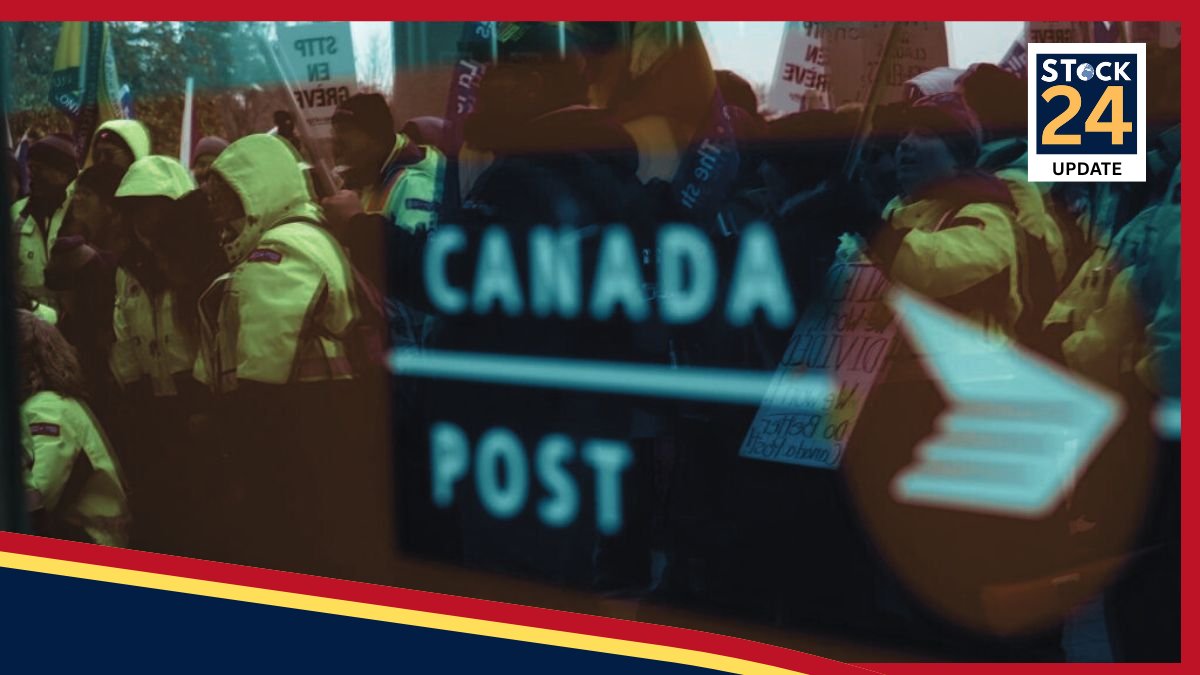Air Canada Seeks Federal Intervention in Labor Dispute, Highlighting a National Trend.
With a potential strike threatening to ground flights for 130,000 travelers daily, the airline's move is the latest in a series of high-stakes disputes where major industries have turned to Ottawa for resolution.

Air Canada is urging the federal government to step into its contract negotiations with the flight attendants’ union, after the airline declared that talks for a new pay agreement have reached an impasse. The move seeks to prevent a potentially crippling strike that could disrupt some of the carrier’s most lucrative routes connecting Canada with the United States, Europe, and Asia, impacting an estimated 130,000 travelers every day.
This request from Canada’s largest airline is not an isolated incident. It reflects a growing and controversial trend of major Canadian companies looking to Ottawa to settle high-stakes labor disputes, effectively bypassing the traditional collective bargaining process.
The legal tool at the government’s disposal is Section 107 of the Canada Labour Code. This provision allows Ottawa to impose binding arbitration in federally regulated sectors if a strike or lockout is deemed a threat to public safety or the national economy. If invoked, this process compels both the employer and the union to accept a settlement determined by an independent arbitrator.
However, labor unions argue that this practice strips them of their most significant leverage—the right to strike. They contend that employers in essential sectors are incentivized to present subpar offers, knowing that the government will likely intervene to prevent a work stoppage, ultimately weakening the union’s negotiating power.
The dispute also marks the first major labor challenge for Liberal Prime Minister Mark Carney’s government. His predecessor, former Prime Minister Justin Trudeau, had referred several recent major labor disputes to the Canada Industrial Relations Board (CIRB), an independent body with the authority to end stand-offs between unions and employers.
A Pattern of Intervention: Recent Labour Disputes
The Air Canada situation is the latest in a string of federal interventions over the past year:
Canada Post (December 2024): Following a month-long stoppage by 55,000 postal workers—the second strike in six years—the CIRB was ordered to step in. The board extended the existing contract terms until May 22, 2025, after talks for a new agreement failed. An overtime ban initiated by the union remains in effect.
- Major Ports (November 2024): The federal government asked the CIRB to end prolonged work stoppages at Canada’s largest ports. Citing a daily economic impact of over C
944.63 million), the government acted to resume the flow of critical goods like canola oil and forest products. The move was widely supported by business groups.
Canadian National Railway & Canadian Pacific Kansas City (August 2024): When Canada’s two largest rail companies locked out over 9,300 Teamsters Canada workers, it threatened to halt freight movement across the country. The federal government immediately referred the matter to the CIRB, which directed a resumption of operations within three days.
WestJet Airlines (June 2024): Ahead of a busy holiday weekend, Ottawa preemptively asked the CIRB to intervene to prevent a strike by maintenance engineers at WestJet, the nation’s second-largest carrier, in order to avoid widespread flight cancellations.
As the government weighs its decision on the Air Canada dispute, the outcome will be closely watched by industries and unions alike. It will serve as a critical indicator of how the current administration intends to balance the need for economic stability against the fundamental right of workers to collective bargaining.






